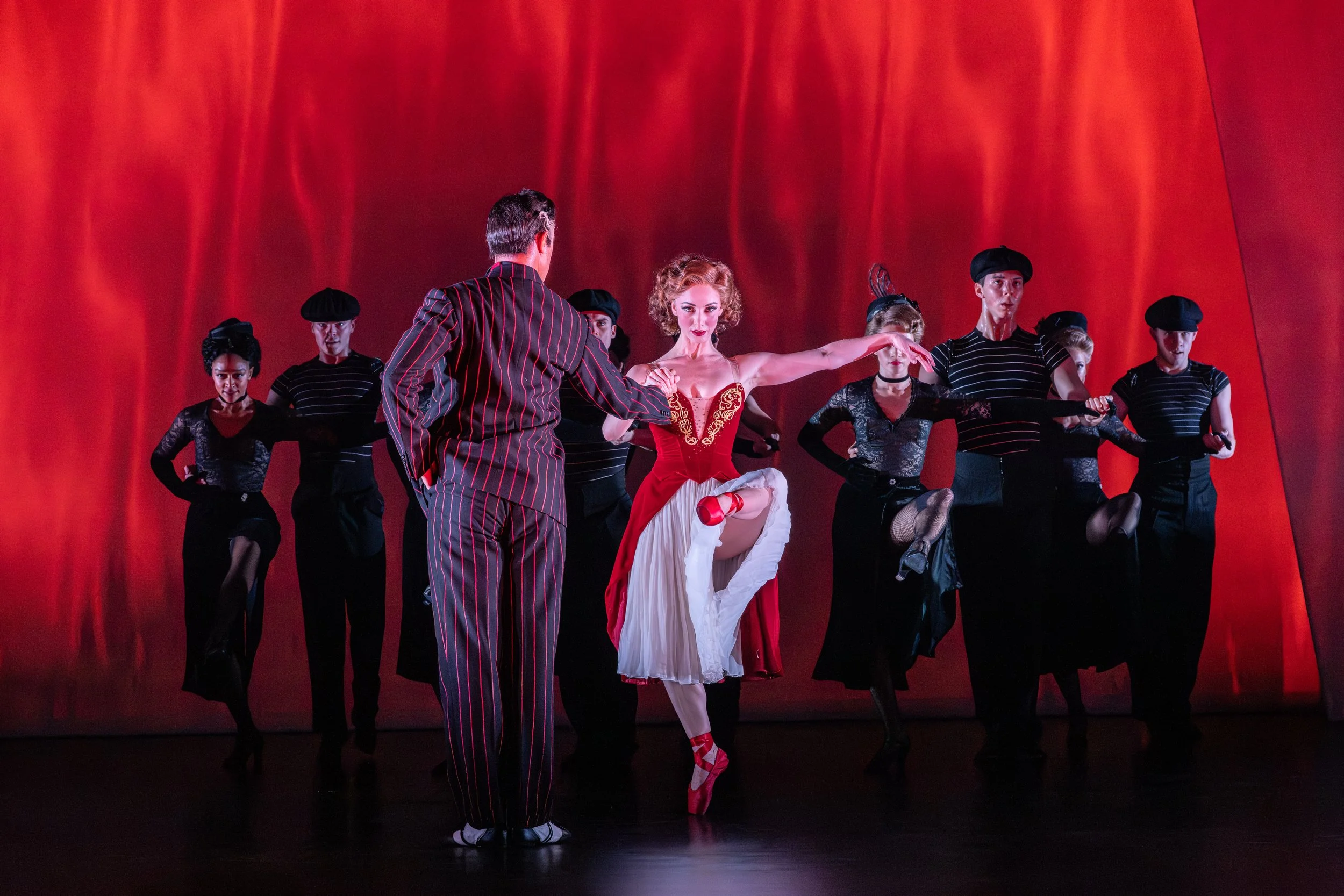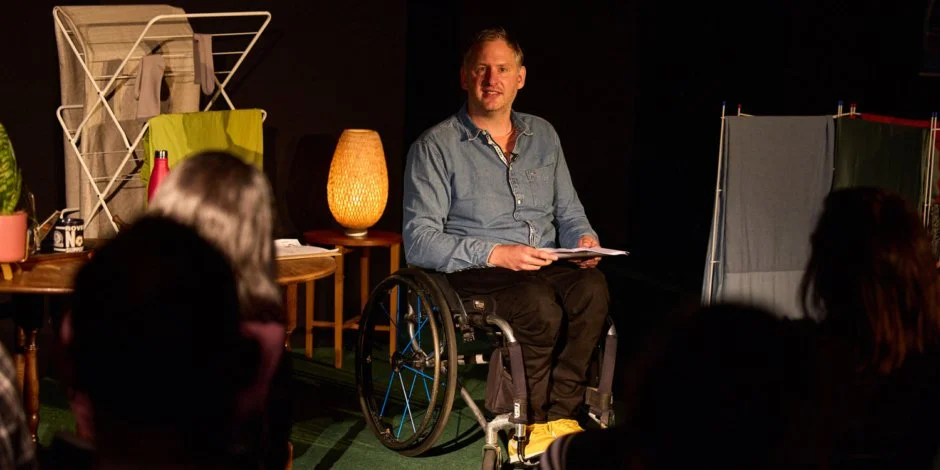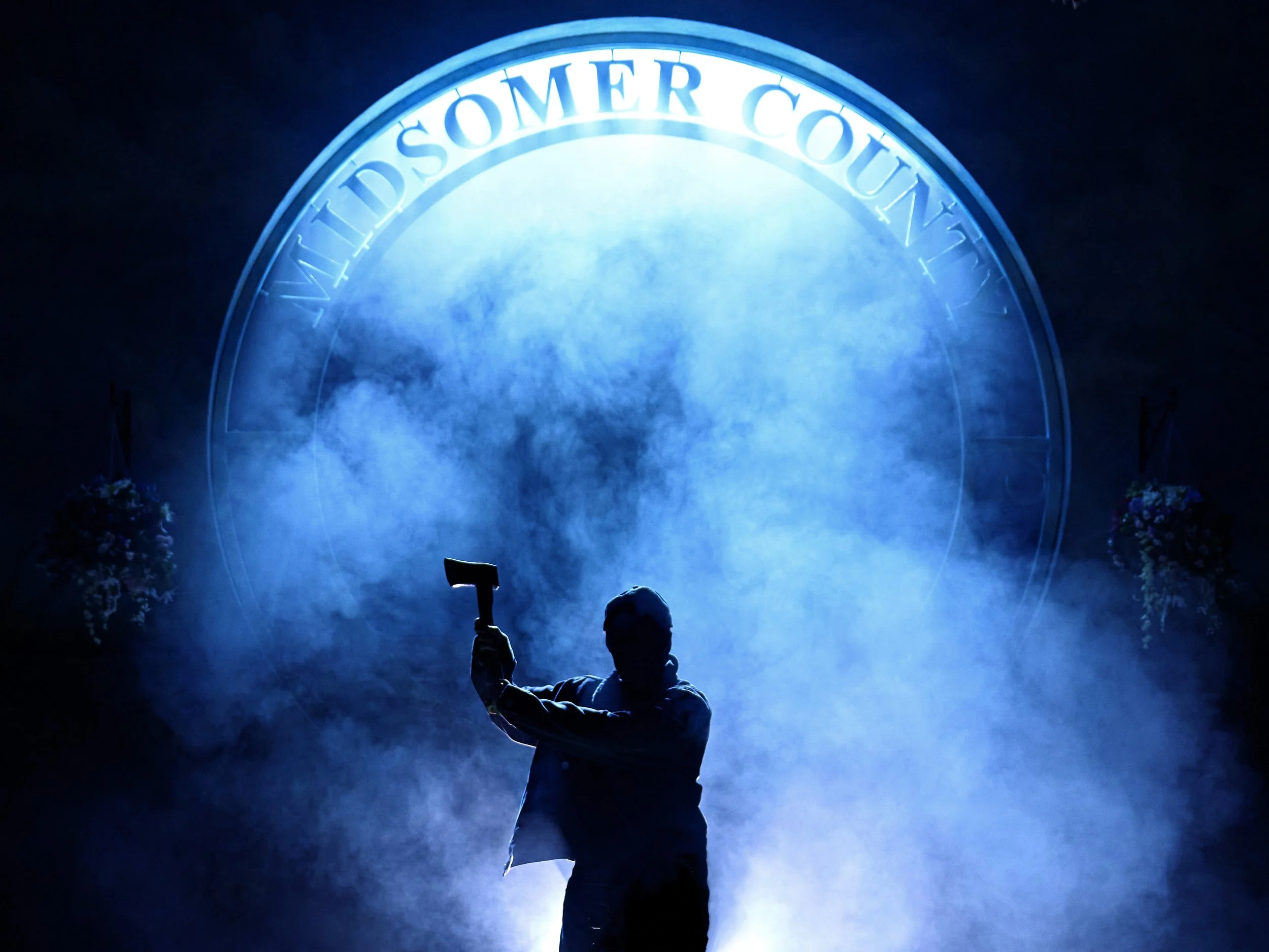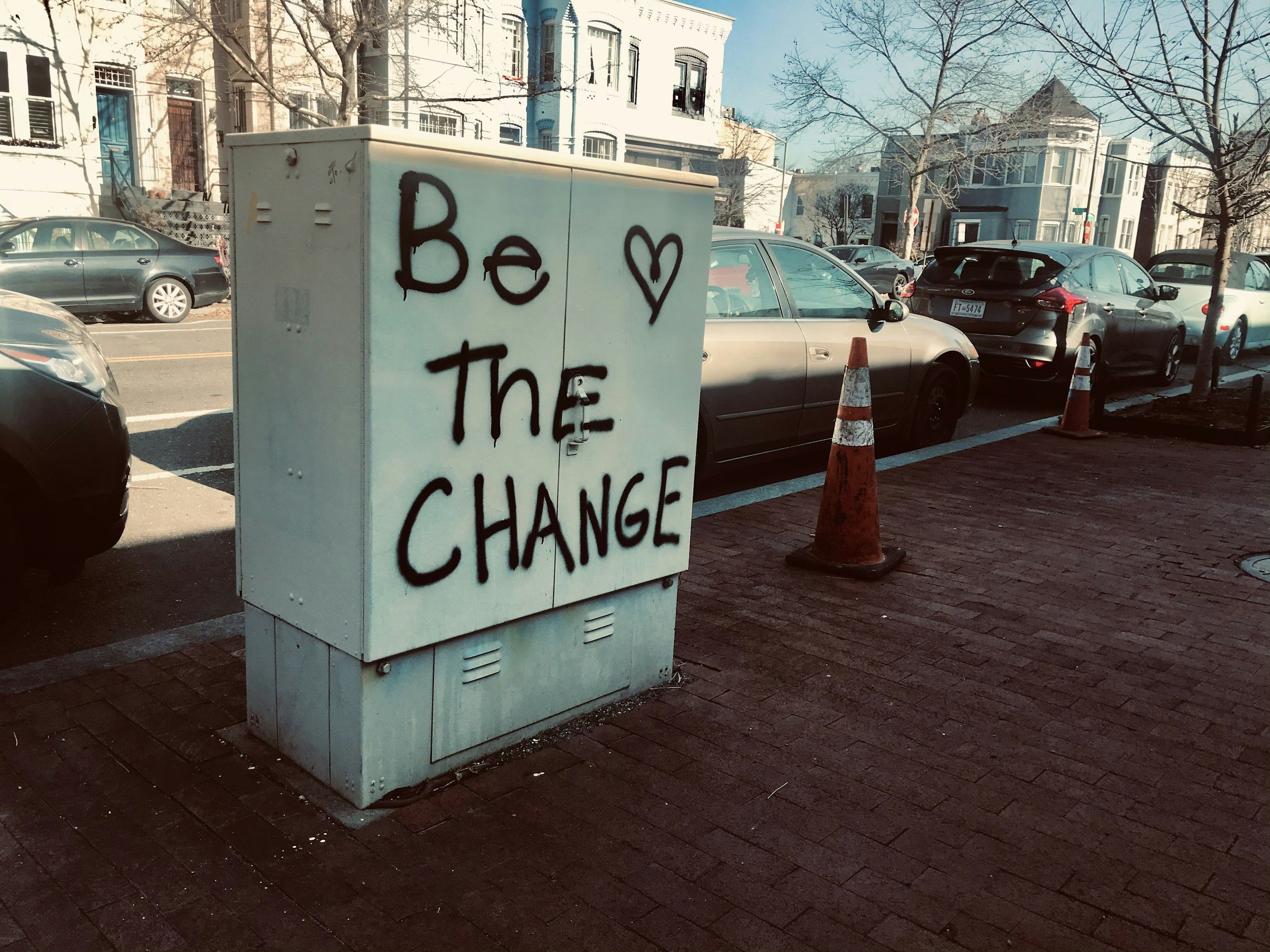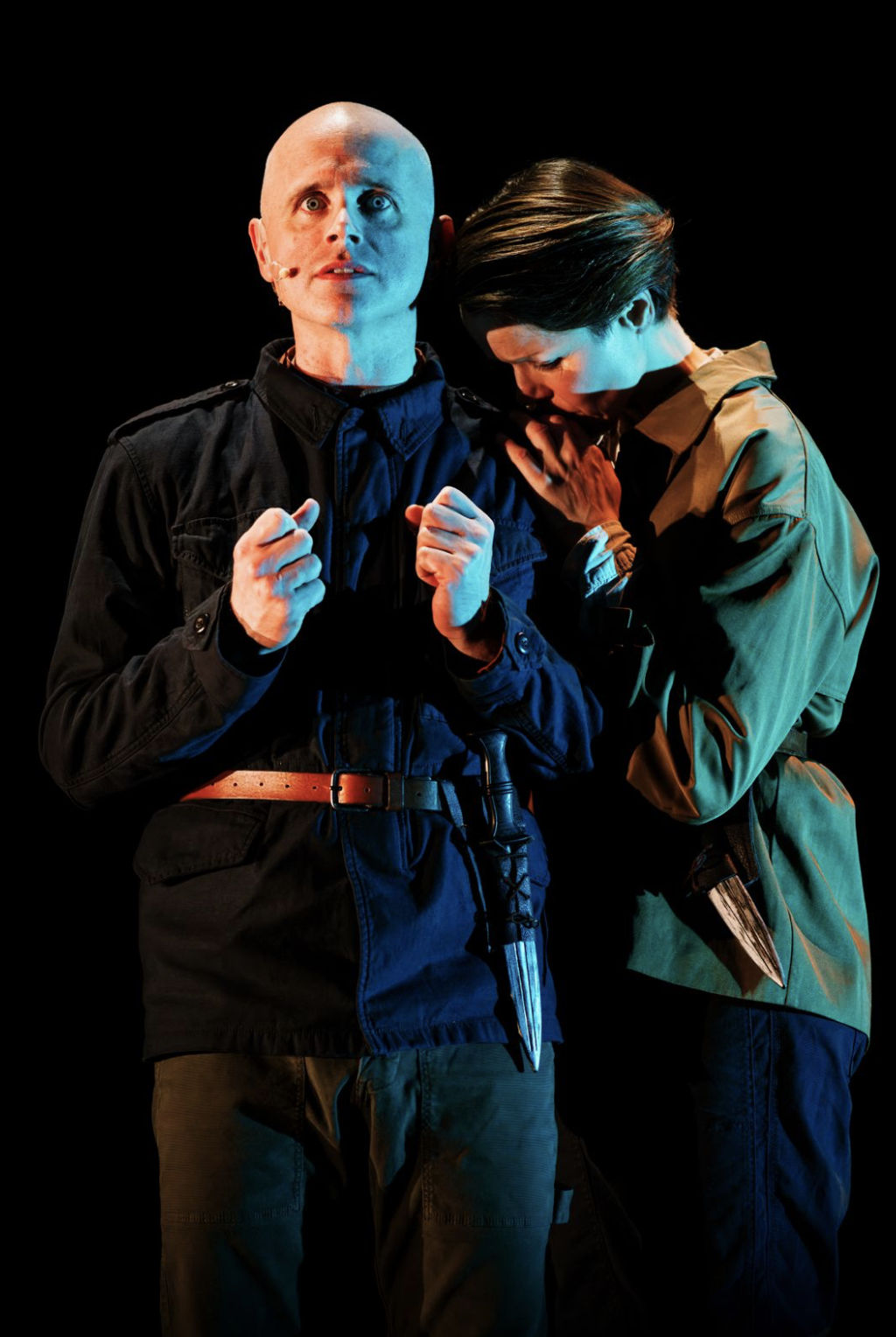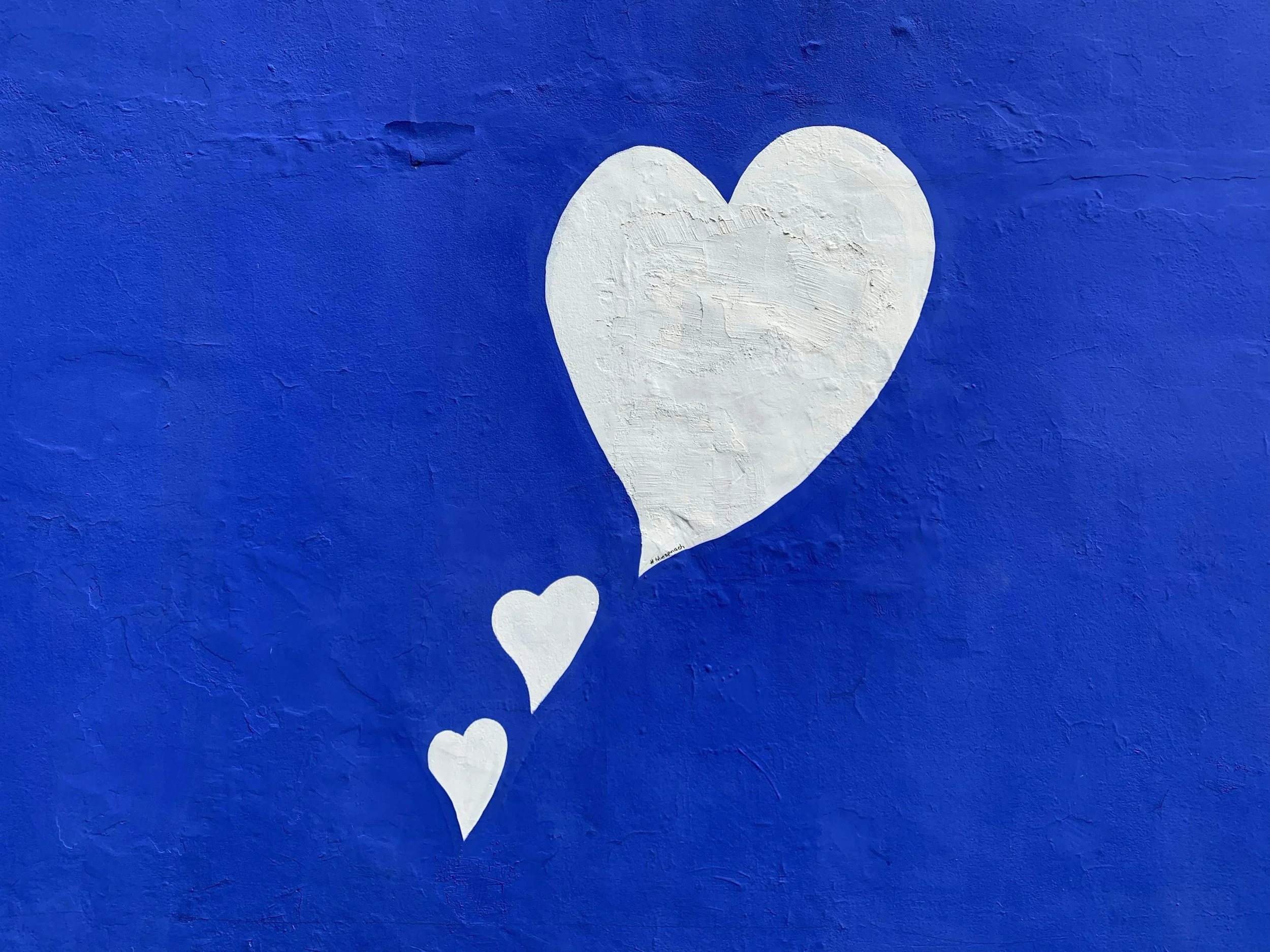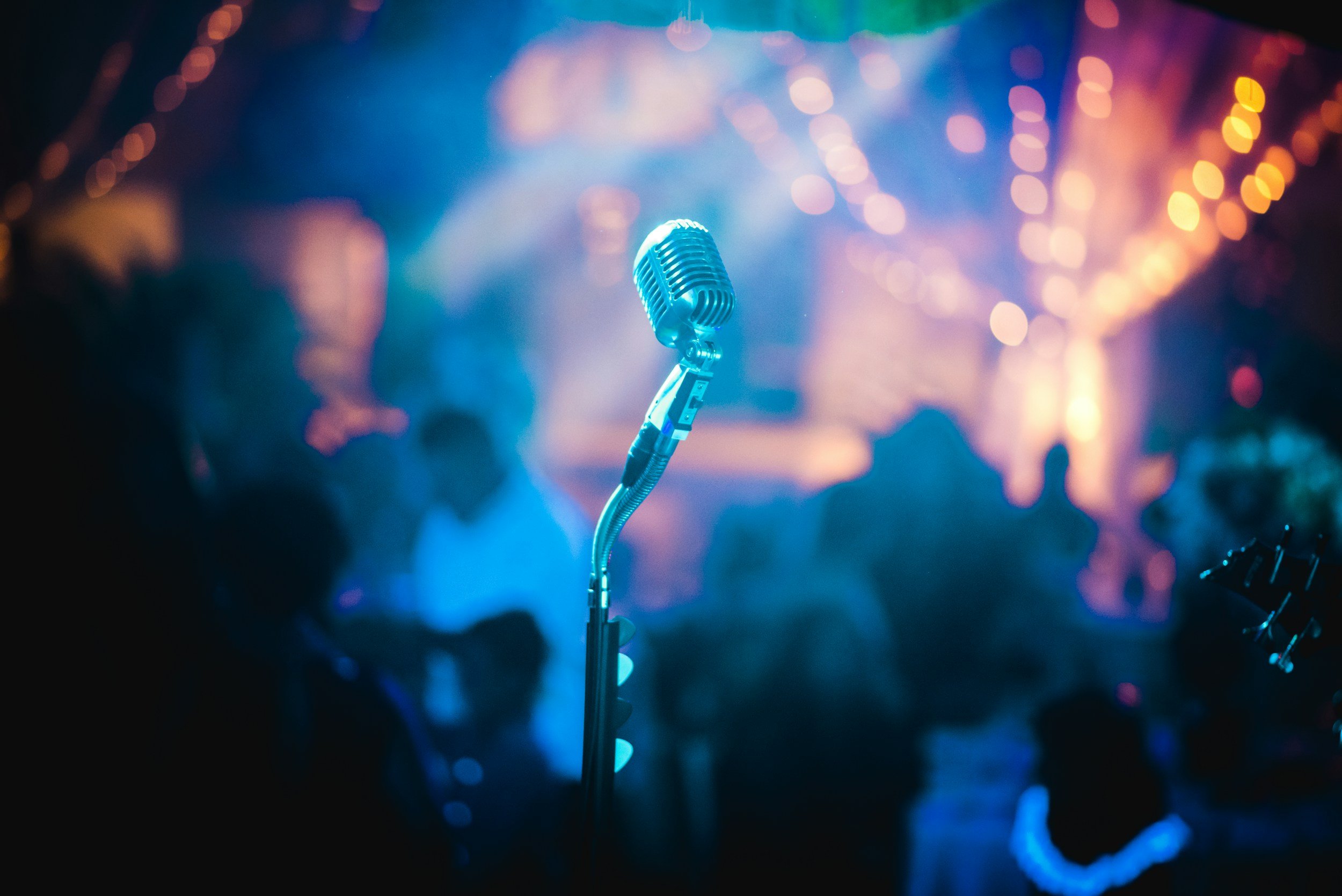How Brighton Girls seek personal safety from Sexual Harassment
Brighton is one of the most open cities I know, and yet I still feel uncomfortable walking down the streets, especially when the dark comes. There are a few precautions I like to take when I’m on my own: don’t walk near the seafront when it’s dark and always keep keys in my hand. I shouldn’t feel scared in my city, but here I am with the heart rate that goes up every time I step out of my house.
When I talk about experiences of sexual harassment and assault that affect me and others here in Brighton, I always see the face of shock: “I thought it was a safe place to live.” In Brighton Girl, we have had an influx of horror stories in our private Facebook group of sexual harassment on the seafront and the City Girl team have helped a number of women report certain incidents to the police.
The truth is, if you are primarily a woman identifying person, nowhere is safe.
We – as women – got told to get used to sexual harassment; and if you are a man I challenge you to ask any of your female friends about their stories with sexual harassment/abuse. Chances are, every single one of them will have a similar account of how a man made them feel uncomfortable in the streets, at home, in a pub or on public transport.
Since I was a little girl, I have been taught to be careful. My mum always used to say that it is not me that she does not trust, but other people. So, I found other ways to protect myself; such as making eye contact with the women around me, going up to a group of girls and whispering in their ear to pretend they know me. I always pay attention to my surroundings knowing exactly where to go in a case of danger.
Ultimately, I tend to listen to my gut feeling and if something is off I try to avoid it. I am also quite lucky that in Brighton, there are women-led groups like Brighton Girl that help other women make it home safe at night.
If it wasn’t for the support of the women around me, I would feel so lost navigating this world made for men by men, because there is always a new story in the news about rape and sexual harassment, and it makes me realise that it could have been me.
Brighton Girls fearing sexual harassment and striving for personal safety is not new
Society teaches women and vulnerable individuals to watch out for those who might cause harm. This mentality is dangerous because it normalises the state of fear that many feel. It does not solve the problem, it just offers a precaution.
It has been almost 45 years since the first Reclaim the Night March that took place in Leeds in 1977. The march saw 60 women marching down the street at night after the news advised them to stay indoors when night comes, following the murders of the Yorkshire ripper.
2020 and the situation has not changed. I still feel threatened when I walk on the streets alone, at night and even in plain light. My friends and I always have to check that one another got home safely before heading to bed or getting on with our days. It is one of the little things that we do to make sure we feel safe when walking alone.
To this day, it still bothers me how I have to take precautions to avoid sexual harassment, sometimes I wonder if I ever will feel safe when I am by myself walking down the streets. It’s great to see that apps like One Scream are being developed to help women feel safer. It’s a shame that they are necessary in the first place, but knowing there is that level of protection that I can’t get when I’m walking alone is a comfort.
One Scream is the world's first voice-activated women's personal safety app. One Scream works silently in the background, and is triggered by a Panic Scream - a female's innate response to fear. A text message and an automated call with your location are sent to your nominated contacts (you can add up to three in the app).
Written By Cloe Grampa
Article Sponsored by One Scream.




